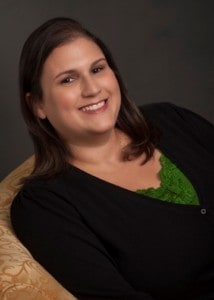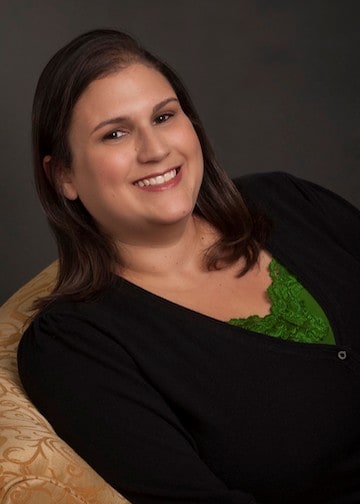Last Monday morning, pictures began appearing on social media of roughly 460 women and children being bused from immigration detention centers to non-profits and churches in San Antonio. The releases relate to a judge’s decision stating that these facilities could not be licensed as child care facilities. Finally, there is a glimmer of hope that our country would come to its senses and not imprison women and their children who were escaping violence.

I have been able to help these women and children in a tiny way by providing expert mental health and trauma evaluations to assist with legal cases. Honestly, it is hard to explain to my kids why I am leaving them on a Sunday morning to meet with a stranger, but someday I hope they will understand. I try my best to take one case a month, where I meet with a woman, spend several hours listening to her story, coordinate with her attorney and then write a report detailing her mental health and trauma history.
To be granted asylum or legal permission to remain in the country, each woman must show that she is unable to return to her home country due to a threat of violence. My role is to provide an affidavit to the judge that provides my professional opinion as to the woman’s mental health status, history of violence victimization, the impact of violence and the threat of continued harm.
During my time meeting with a woman, I find myself pulled back into my earliest work as a social worker when I advocated for sexual assault survivors. Sadly, I am usually the first person to tell a woman that it is not her fault that her husband cut her with a knife, or that a gang member repeatedly raped her, or that the father of her child threw her out of a car. These things have become normal to the women I have met. The most powerful thing I can do is to simply tell them that what happened is not their fault, that they are not crazy, and that I believe them.
Continue reading in the Texas Institute for Child & Family Wellbeing blog.
Monica Faulkner is research associate professor at the School of Social Work and director of the Texas Institute for Child & Family Wellbeing.


